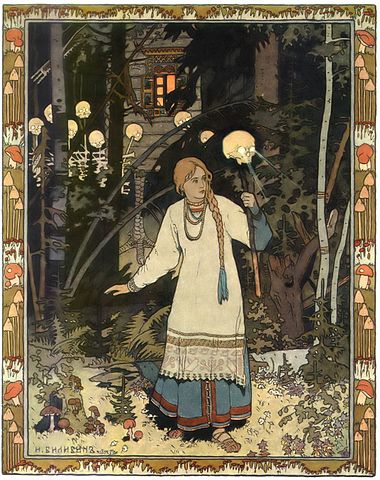Key Takeaways
- Folklore refers to the traditional beliefs and stories of a community, including folktales, myths, legends, beliefs, practices, and superstitions.
- Folktales are a part of folklore, referring to stories that have been passed down from the ancestors of a particular group of people to the younger generations through word of mouth.
- While folklore encompasses a large variety of cultural components, folktales specifically include a blend of stories, such as adventure stories, fairy tales, historical tales, and ghost tales.
What is Folklore?
Folklore refers to the traditional beliefs and stories of a community, encompassing various components, such as folktales, myths, legends, beliefs, practices, superstitions, and more. This means that folklore captures a wide range of elements, often built in accordance with a group’s culture. People make sense of their surrounding world through the use of folklore, creating a cultural heritage that is passed down from one generation to another through word of mouth. Folklore has even become a study of knowledge and culture of different groups of people, with many genres, such as music, narratives, beliefs, religion, practices, and material culture. In the study of folklore as an academic discipline, folklorists focus on these aspects of various cultures to understand their folklore.
What is a Folktale?
In contrast to folklore’s broad scope, folktales refer specifically to stories passed down from the ancestors of a particular group of people to the younger generations through word of mouth. These stories can be quite diverse and include adventure stories, fairy tales, historical tales, and even ghost tales, highlighting that folktales encompass a blend of stories. Culture plays a significant impact on folktales, with different groups having distinct folktales based on their cultures. However, the main elements of folktales are mostly universal, often featuring human beings as main characters, supernatural elements, action, justice, and even happy endings. Most folktales also provide the listener with a moral.
What is the difference between Folklore and Folktale?
Folklore and folktale are different from one another and should not be used interchangeably. Folklore refers to traditional beliefs, practices, and stories of a community that have been passed down from one generation to the other through word of mouth, capturing a wide range of elements ranging from beliefs to superstitions. Meanwhile, folktales are a part of folklore, specifically referring to stories that have been passed down from ancestors of a particular group of people to the younger generations through word of mouth. Both folklore and folktales are passed down from one generation to another through word of mouth.
